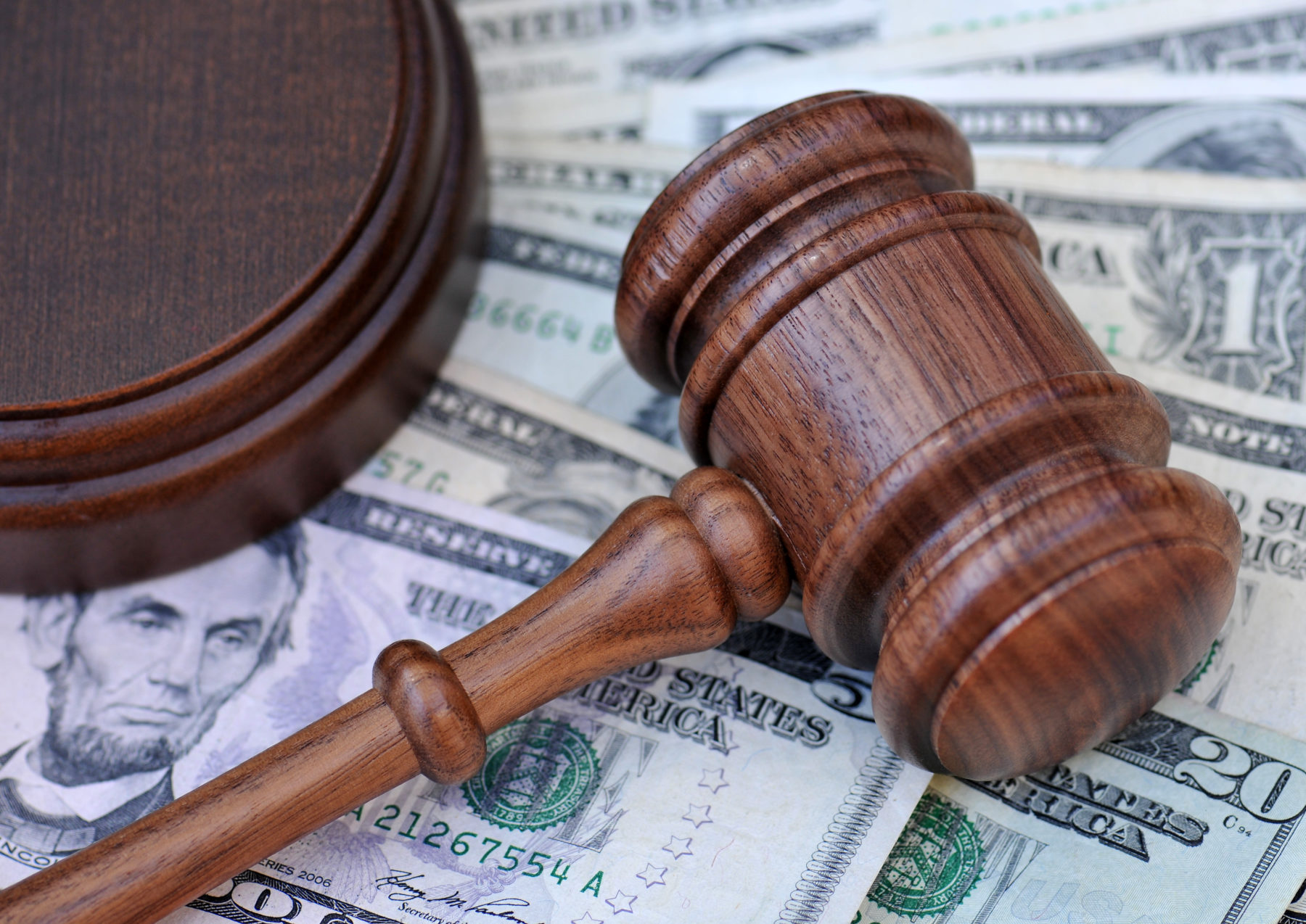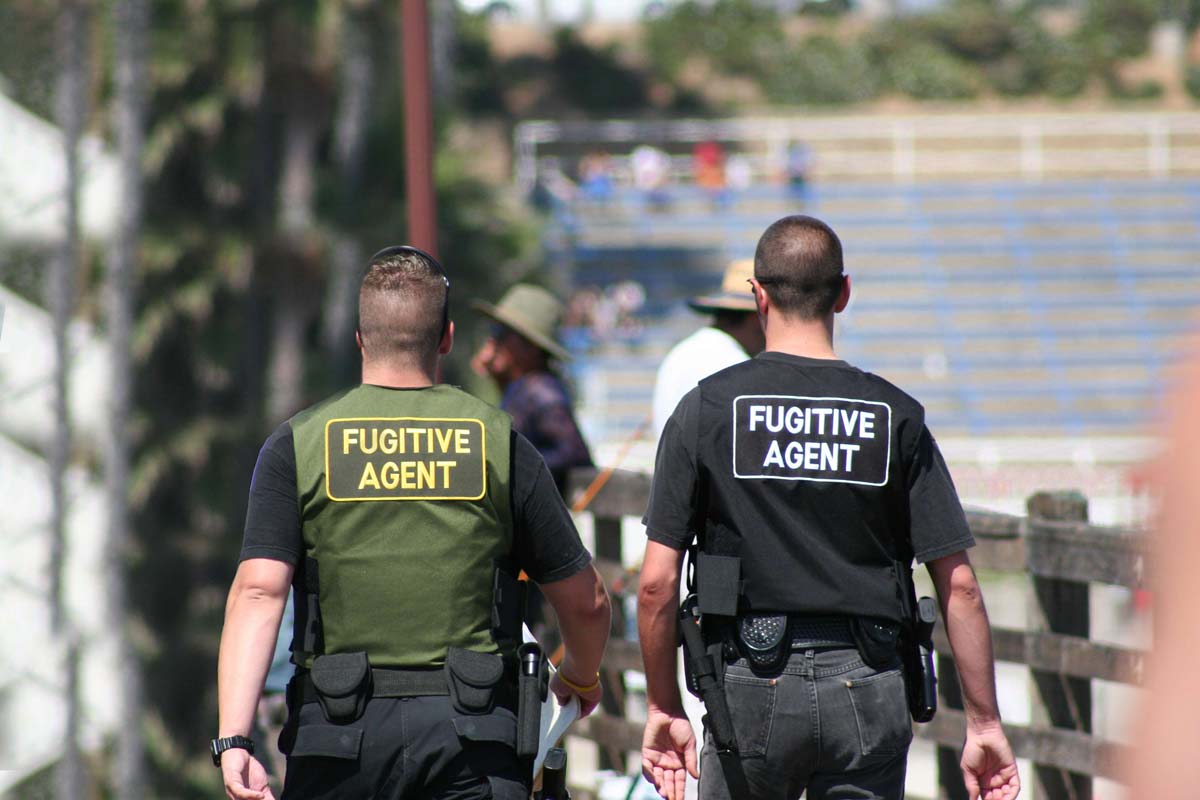Understanding the Basics of a bail bond and Its Importance in Court
Comprehending the Process of Protecting a Bail Bond: What You Required to Know
Protecting a bail bond can be an intricate process. It entails comprehending various elements, from the sorts of bonds offered to the associated prices. Individuals typically ignore essential information that can impact their situation. The actions to acquire a bail bond need mindful factor to consider and understanding of responsibilities. As the process unfolds, critical decisions must be made that might influence the end result considerably. What should one expect when traversing this challenging landscape?
What Is a Bail Bond?
A bail bond is a financial agreement that allows an apprehended individual to be released from protection while awaiting trial. This plan includes a 3rd party, normally a Bail bondsman, who ensures the court that the individual will return for their scheduled court looks. In exchange for this service, the bondsman typically bills a non-refundable fee, frequently a percent of the complete Bail amount.
Bail bonds serve a crucial function in the lawful system, giving a mechanism for accuseds to preserve their freedom during the pre-trial phase. This can assist them plan for their defense better. The Bail amount is established by the court based on different elements, consisting of the seriousness of the violation, the offender's criminal history, and the threat of trip. Ultimately, a bail bond stands for a commitment to maintain lawful responsibilities while allowing people the opportunity to proceed their every day lives until their court date.
How Bail Bonds Job
Bail bonds run through a straightforward process that includes numerous crucial actions. A defendant or their depictive calls a bail bond representative after an apprehension. The agent examines the circumstance, consisting of the Bail quantity set by the court and the accused's history. As soon as a decision is made, the representative generally needs a non-refundable cost, generally a percentage of the total Bail amount, frequently ranging from 10% to 15%.
After the cost is paid, the representative secures the Bail by signing an agreement with the court, making certain that the offender stands for all scheduled court dates. If the defendant falls short to show up, the bail bond agent is liable for the full Bail amount, leading the agent to choose the accused. Throughout this procedure, the bail bond agent plays an important role in promoting the release of the offender while taking care of the connected economic dangers.
Kinds Of Bail Bonds
Recognizing the various sorts of Bail bonds is essential for offenders and their families as they browse the lawful system. There are a number of usual sorts of Bail bonds offered, each offering a certain objective.
The most common is the guaranty bond, which entails a Bail bondsman guaranteeing the full Bail quantity for a charge. An additional kind is the cash money bond, where the accused or their family members pays the complete Bail amount in money straight to the court.
Residential or commercial property bonds allow people to use actual estate as collateral for the Bail amount. In addition, federal bonds specify to government instances, commonly requiring a greater costs and more rigid conditions.
Lastly, immigration bonds are used in instances worrying migration offenses. Each kind of bond has distinct procedures and implications, making it crucial for those included to understand their choices extensively.
The Prices Associated With Protecting a Bail Bond
Safeguarding a bail bond requires different prices that can significantly impact an accused's funds. The principal cost is the premium, typically ranging from 10% to 15% of the overall Bail quantity established by the court. This costs is non-refundable, despite the case end result, standing for the bail bond representative's cost for their solutions. Extra expenses may include administrative fees, which some agents impose for processing documents, and security demands, where the offender might require to give properties to safeguard the bond. In situations involving higher Bail amounts, the need for security becomes a lot more noticable. bail bonds. Accuseds need to be mindful of possible expenses connected to missed out on court dates, which can lead to further economic fines. Recognizing these costs is essential for defendants and their family members, as they can greatly affect the monetary burden related to safeguarding a bail bond
The Process of Obtaining a Bail Bond
The procedure of getting a bail bond includes a series of organized steps that start with the submission of an application. Applicants should additionally take into consideration different settlement and collateral options that might be required by the bail bond firm. Comprehending these parts is necessary for navigating via the bail bond system successfully.
Application Submission Tips
Steering the application entry held without bail steps for acquiring a bail bond can be straightforward when people are well-informed. The initial step entails selecting a trusted bail bond firm, which frequently needs research and recommendations. When a business is selected, the candidate should finish a bail bond application, providing essential details such as the defendant's details, costs, and Bail amount. Next, the applicant might require to present recognition and any kind of relevant documentation to support the application. After submitting the application, the bail bond business will certainly review the details and evaluate the danger entailed. If approved, an agent will describe the conditions prior to finalizing the contract. This process, while methodical, can vary somewhat depending on the Bail and the territory bond business.

Payment and Collateral Alternatives
When obtaining a bail bond, recognizing settlement and security options is vital, as these aspects can substantially impact the overall cost and terms of the agreement. Usually, bail bond companies need a non-refundable charge, generally a percent of the complete Bail amount, which offers as their earnings. Some firms might use versatile payment plans, permitting customers to pay in installations. In addition, security can be necessary to protect the bond, which might consist of properties like property, vehicles, or other valuables. The type and worth of security can influence the bond's approval and terms. Clients should meticulously assess their monetary scenario and alternatives to guarantee they select a solution that aligns with their budget plan and scenarios.
Responsibilities of the Indemnitor
Steering with the complexities of Bail bonds needs a clear understanding of the obligations of the indemnitor. The indemnitor, often a relative or buddy of the accused, plays a considerable function in the Bail process. This private consents to presume economic liability, ensuring that the Bail quantity is paid if the defendant stops working to appear in court. It is essential for the indemnitor to maintain interaction with the bail bond representative throughout the process, providing any Click This Link necessary information and updates regarding the accused's situation.
Furthermore, the indemnitor should secure collateral, which might include building or prized possessions, to back the bail bond. This collateral protects the bail bond business versus prospective losses - bail bonds. Should the accused fail to abide by court requireds, the indemnitor deals with the threat of shedding their collateral and might be held responsible for the whole Bail amount. Because of this, recognizing these duties is important for the indemnitor's economic stability

Typical Misconceptions Regarding Bail Bonds
Several individuals harbor mistaken beliefs regarding Bail bonds, which can complicate their understanding of the Bail procedure. One prevalent myth is that Bail bonds are a type of repayment that guarantees an accused's launch. Actually, they are an assurance to the court that the accused will certainly appear for their arranged hearings. One more typical idea is that just rich individuals can pay for Bail. Bail bondsmen commonly bill a percent of the complete Bail amount, making it easily accessible to a wider variety of individuals. Furthermore, some individuals think that Bail is refundable. While the costs paid to the Bail bondsman is not refundable, the Bail quantity itself might be returned upon the completion of the situation, offered the defendant meets all court requirements. Dispelling these myths is vital for individuals traversing the intricacies of the Bail system and guaranteeing they make informed decisions.
Regularly Asked Concerns
Can I Secure a Bail Bond for Someone in Another State?
Securing a bail bond for a person in one more state is possible, yet it typically requires collaborating with a Bail bondsman licensed because state - bail bonds. Each territory has certain policies that must be adhered to during this procedure
What Happens if the Offender Skips Bail?
A go now warrant is typically released for their arrest if an offender skips Bail. The Bail bondsman might additionally pursue healing initiatives, which can entail employing fugitive hunter to capture the person and find.
Are Bail Bondsmen Managed by the Government?
Bail bail bondsmans are undoubtedly controlled by government authorities. Regulations differ by state, yet they normally require licensing, adherence to financial methods, and conformity with laws to ensure fair treatment of accuseds and their family members.
Can I Use Collateral Various Other Than Cash?
Security other than cash can typically be used for Bail bonds, depending upon the bondsman's plans. Common alternatives include residential or commercial property, automobiles, or various other valuable assets, which have to usually be assessed and set.
What Is the Duty of a Co-Signer in a Bail Bond?
If the accused stops working to show up in court, the duty of a co-signer in a bail bond is to assure settlement. This specific approves economic responsibility, guaranteeing that the bail bond contract is supported and enforceable.
If the accused fails to appear, the bail bond agent is responsible for the full Bail quantity, leading the representative to look for out the accused. Once a company is chosen, the candidate has to finish a bail bond application, supplying necessary info such as the accused's details, charges, and Bail quantity. Commonly, bail bond firms need a non-refundable fee, typically a percentage of the complete Bail quantity, which serves as their profit. Several individuals harbor misconceptions concerning Bail bonds, which can complicate their understanding of the Bail process. Security other than cash can commonly be used for Bail bonds, depending on the Bail bondsman's policies.